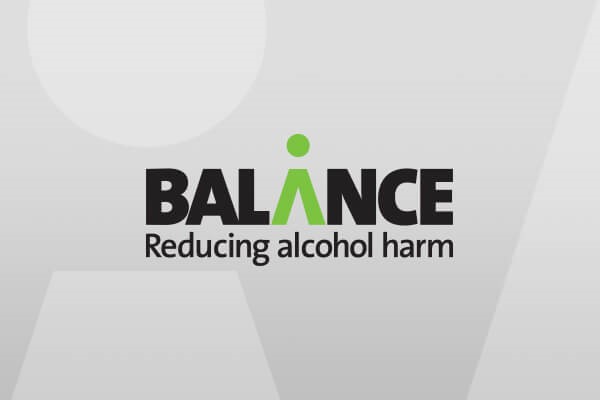National recognition for best practice in North Tees
Emergency Department staff at the University Hospital of North Tees, part of North Tees and Hartlepool NHS Foundation Trust, have recently received national recognition from the Department of Health, as one of the leading areas for collecting and sharing assault data, in line with the ‘Cardiff Model’.
This approach was initially championed by Professor Jonathan Shepherd in Cardiff and it relies upon the collection of several data fields (including the location and nature of assaults) by Emergency Department staff, which is then shared with local community safety partners, to prevent violence and reduce the alcohol-related burden on emergency services.
There are various drivers for this work, not least the fact that ‘health’ has recently become a ‘responsible authority’ in the local licensing process and this has increased the importance of collecting robust data from a variety of NHS sources, including Emergency Departments. From a wider perspective, evaluation has shown that effective collection of assault data enhances the effectiveness of targeted policing and significantly reduces incidents of serious violence recorded by the police, in addition to preventing assault-related hospital attendances.
In North Tees, anonymised data is collected at reception and triage and is downloaded on a monthly basis by an analyst, with reference numbers to identify repeat presentations to the Emergency Department. Information is then shared with and discussed by the local Community Safety Partnership, local authority and the police and feedback is provided to the hospital on how the data is used.
Information collected to date has enabled identification of domestic violence as a bigger issue than previously thought, with time and resources directed towards that issue as a result.
Anna Soubry, Parliamentary Under-Secretary of State for Public Health recently highlighted the University Hospital of North Tees as one of 5 leading areas in relation to data-sharing, stating that it was an example of "how and where local leadership on data-sharing is making a real difference to levels of violence – and correspondingly reducing the demand on local hospitals.
